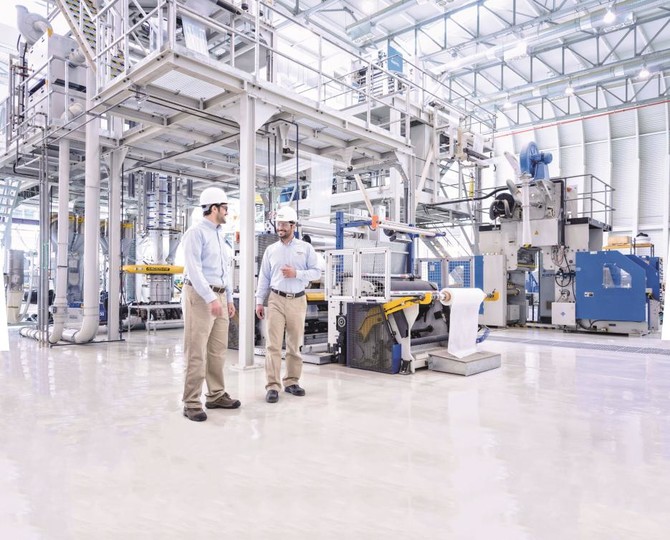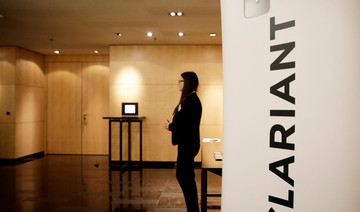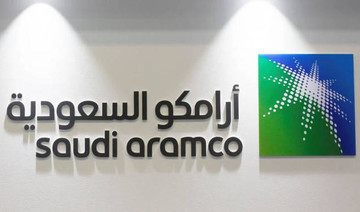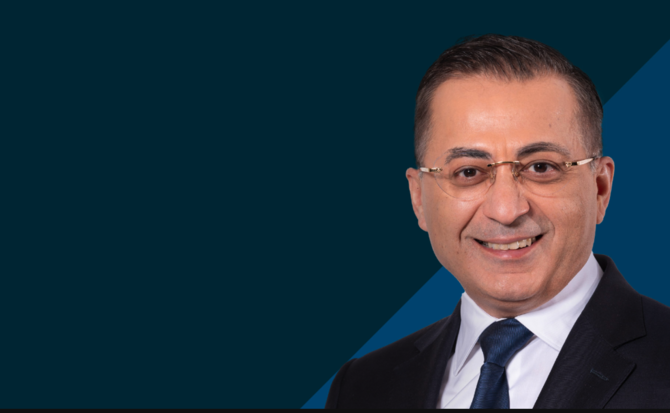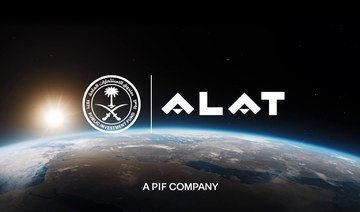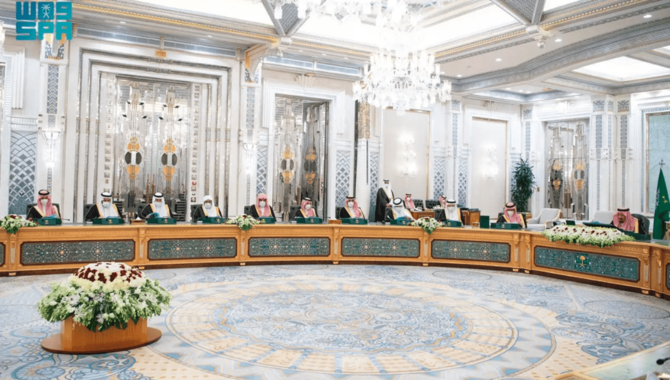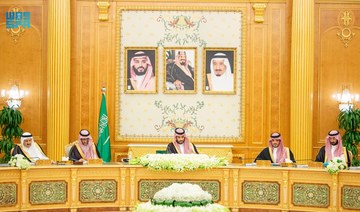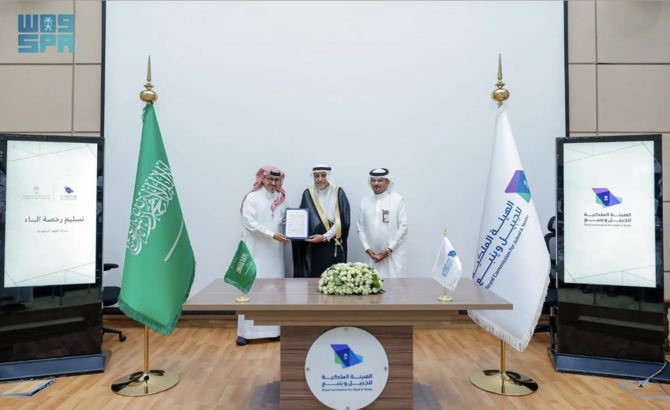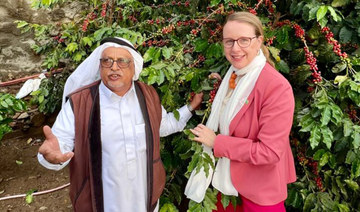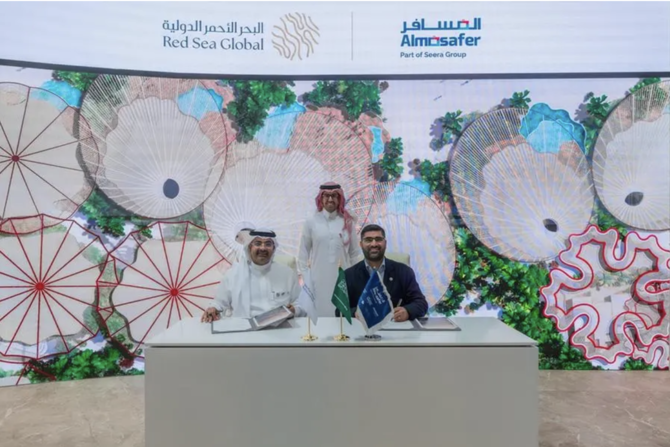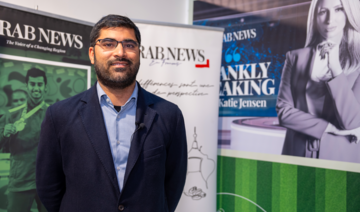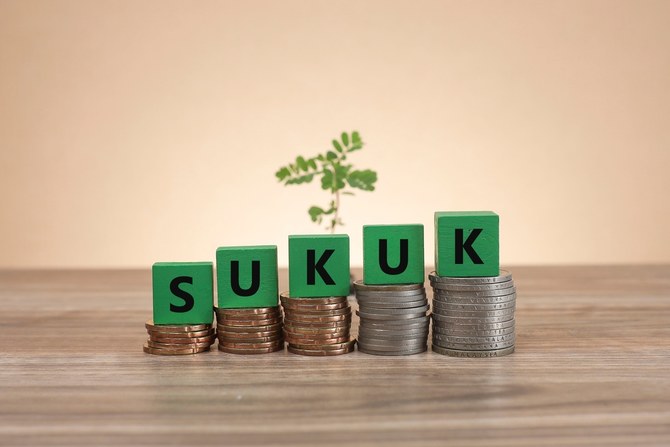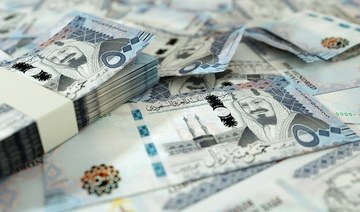LONDON: Saudi Basic Industries Corp. (SABIC) is preparing to offer its dollar-denominated unsecured bond to the global market with investor meetings due to start this week.
The Kingdom’s petrochemical giant will be meeting investors in London, New York, Los Angeles and Boston from Sept. 25, according to a filing on the Saudi stock exchange on Tuesday.
The Saudi company is likely to be keen to tap into the heightened international interest in the Kingdom’s financial markets following the lifting of some restrictions on foreign investors’ activities at the start of the year.
SABIC has also confirmed the appointment of BNP Paribas and Citigroup as global coordinators on the sale, alongside HSBC Bank, Mitsubishi UFG Securities EMEA and Standard Chartered Bank acting as joint lead managers, in its Tadawul note.
The proposed issuance has been well-received so far by analysts with ratings agency Moody’s Investor Service assigning an ‘A1’ rating to the proposed senior unsecured notes to be issued by the financial vehicle, referred to as SABIC Capital II, and guaranteed by SABIC itself.
“SABIC’s A1 rating reflects its strong business position in the chemical sector and its ability to weather industry volatility, particularly given its healthy operational cash flows and conservative liquidity profile,” said Rehan Akbar, a senior analyst at Moody’s, in a note on Monday.
The bond is anticipated to be used in part to refinance an existing SR11.3 billion ($3 billion) one-year bridge loan raised in January this year to fund the company’s 24.99 percent stake in the Swiss chemical company Clariant, according to the Moody’s note. All regulatory requirements were completed on this acquisition earlier this month.
Cash proceeds from the bond may also be used to repay a $1 billion bond due on Oct. 3, according to Moody’s.
On Tuesday SABIC confirmed that the bond will be used mainly to refinance “outstanding financial obligations” of the company and its subsidiaries.
Analysts at rating agency S&P Global were also upbeat about SABIC’s outlook, with research published on Monday stating that the company has “strong profitability” via its KSA operations and a “strong” liquidity position.
“The debt issuance is helpful for the credit profile in the sense that it extends the company’s debt maturity profile and strengthens its liquidity position,” said Tommy Trask, corporate and infrastructure credit analyst at S&P Global.
The agency currently assigns the petrochemical firm an ‘A Minus’ rating, with a “stable outlook,” which it said reflects its “view on the sovereign as well as its expectations that SABIC will maintain high profitability under current benign industry conditions.”
S&P Global’s report said margins in the global chemical industry will “largely stabilize in 2018 following several years of improvement, attributable to the increase in commodity chemical capacity.”
However, it also warned that a key risk to credit quality is
the trend for mergers and acquisitions within the sector and the “potential negative impact on credit metrics from funding them with debt.”


